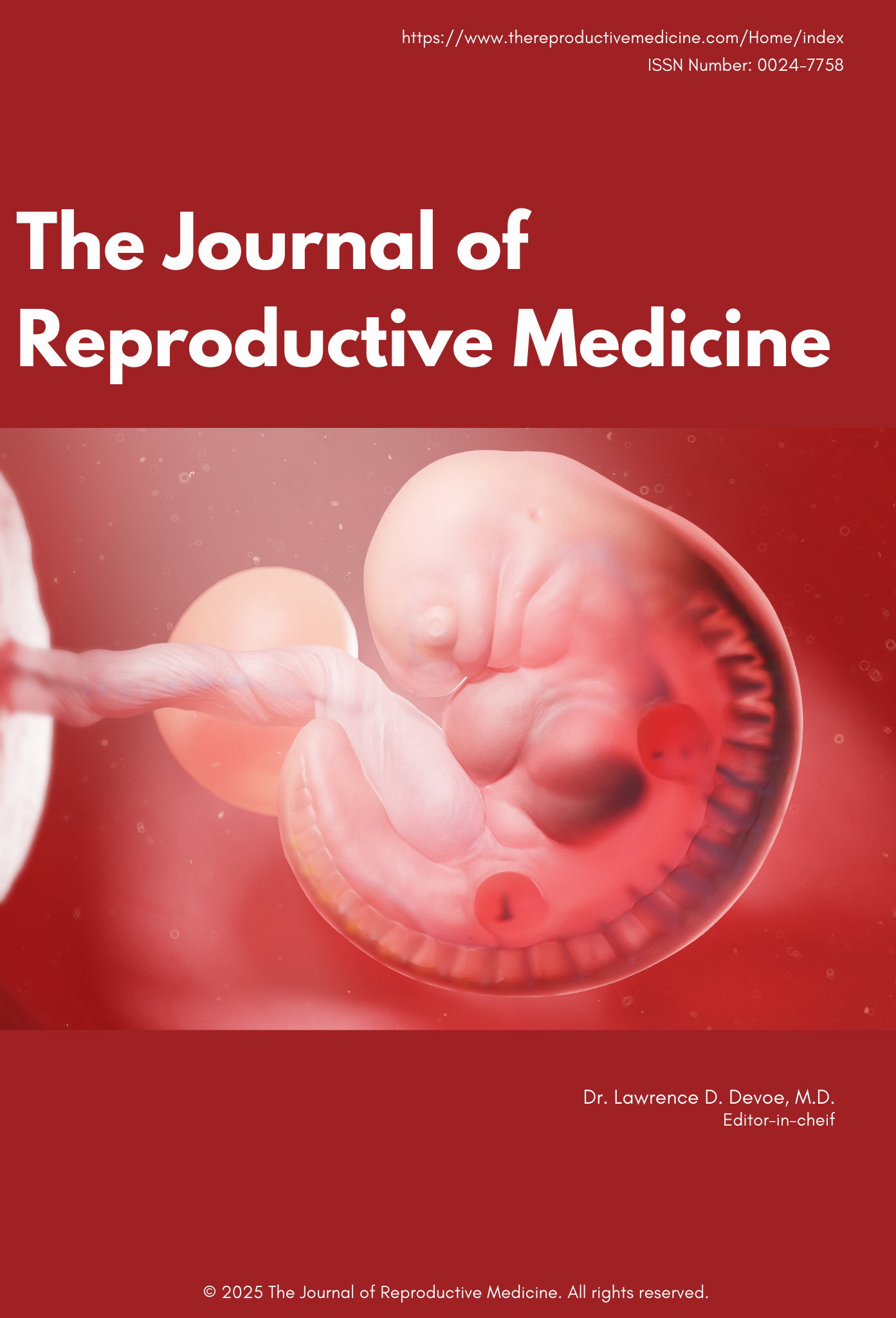The Application of Copy Number Variations Sequencing in Abortive Tissues and Cause Analysis for The Recurrent Pregnancy Loss: A Retrospective Analysis of 662 Patients
Keywords:
prenatal and preimplantation genetic diagnosis, copy number variation, miscarriage, infertility practiceAbstract
Objective: The purpose of this study was to explore the copy number variations (CNVs) associated with miscarriage.
Methods: A total of 662 specimens of aborted embryonic tissue and 54 samples from peripheral blood were collected. Next generation sequencing for CNV analysis was performed to determine the type and clinical significance of possible CNVs, and relevant medical records were collected.
Results: Trisomy 16 was the most frequent single trisomy, followed by trisomy 22, trisomy 15 and trisomy 21. The rate of chromosomal abnormalities of fetuses in early pregnancy (65.4%) was higher than that of fetuses in middle pregnancy (16.4%). There were 82 pregnant women with recurrent abortion, and the embryo with pathogenic CNVs was conceived in 62 (76%) cases, while the embryo with variants of unknown significance (VUS) in 12 (15%) cases. Among the 27 couples with a history of recurrent pregnancy loss (RPL), there were 4 (14.8%) couples with CNV abnormal in both partners, 16 (59.3%) couples with CNV abnormal only in the women, and 7 (25.9%) couples with CNV abnormal only in the men.
Conclusion: These retrospective analyses of CNV-seq results provided a reference for genetic counseling of the relationship between VUS and recurrent pregnancy loss.






